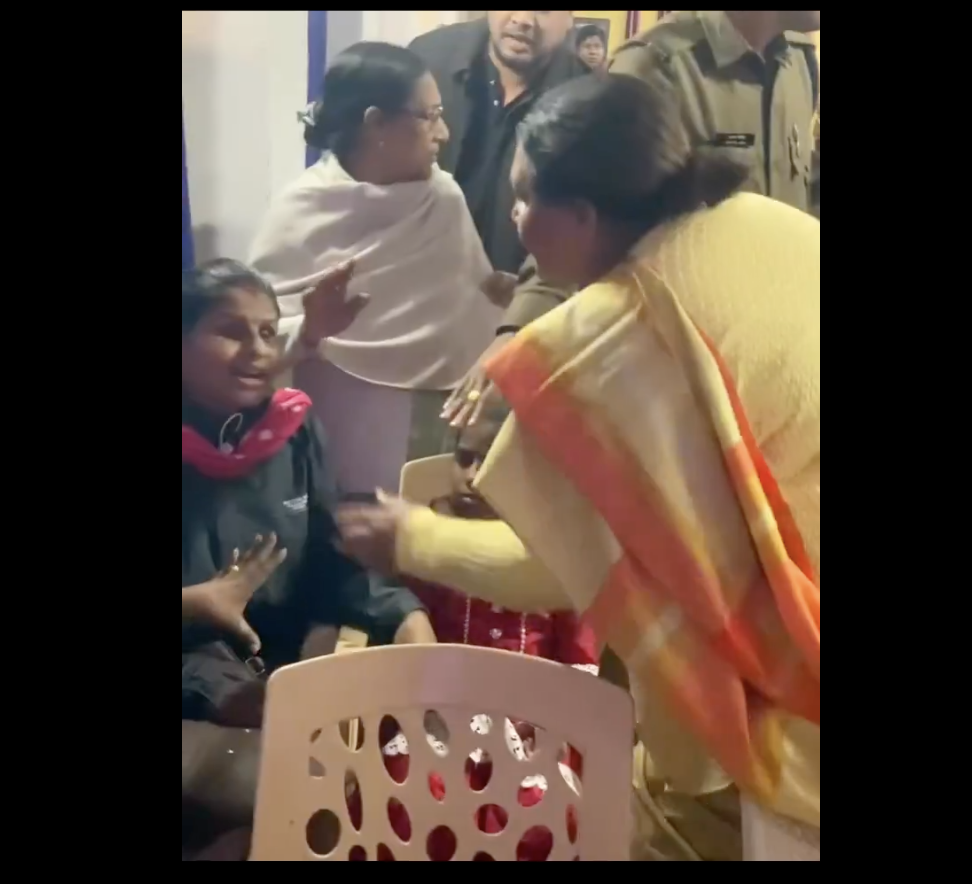
By Jehangir Ali / The Wire
Pulwama: The Jammu and Kashmir administration is in the process of sealing nearly a dozen schools in Kashmir while hundreds more are facing scrutiny for their alleged links with the Falah-e-Aam Trust (FAT), a Srinagar-based non-profit which has been affiliated with the outlawed organisation Jamaat-e-Islami.
The decision to scrutinise and possibly shut down the schools with links to the FAT, which was set up by the Jamaat in 1972, will affect thousands of students and teachers who are staring at an uncertain future at the time of surging unemployment in the country.
Officials said that at least 11,000 students were enrolled and nearly 2,000 teaching and non-teaching staff worked in more than 300 schools, some of them in Jammu region, which were run by the FAT before the Jammu and Kashmir government notified it as an ‘unlawful association’ on May 11, 1990, under the J&K Criminal Law Amendment Act, 1983.
In the last three decades, the number has gone up to more than 60,000 students and over 4,000 teaching and non-teaching staff, according to unofficial estimates.
In a letter to the additional secretary of J&K’s School Education Department on June 16, 2022, accessed by The Wire, the J&K Board of School Education (BOSE), which is the managing body for private and public schools in the Union Territory, said that 10 schools run by the FAT in Srinagar, Kupwara, Baramulla, Anantnag and Ganderbal districts of Kashmir have been merged with the government-run schools over the last 30 years.
“The rest of the schools have either shut down completely or changed their ownership and management. They are now run by elders and respectable citizens of their community with the FAT only acting in supervisory role in some cases,” sources said, adding that these schools follow the rules, academic calendar and syllabus which is approved by the government.
However, following the orders of the School Education Department, at least two of these schools, which had purportedly disassociated from the FAT and were run ‘independently’ in central Kashmir’s Budgam district, have been asked by the authorities to get their documents scrutinised, The Wire can confirm.
“There is a sense of fear and uncertainty not just among the students but teachers as well, as if we have committed some crime. Our school has produced doctors and government officers. We are unjustly becoming targets,” said a teacher who works at a school previously affiliated with the FAT.
The teacher, who wished to remain anonymous, said that the school in central Kashmir, where he teaches Science, has incorporated books from prominent publishers such as Ratna Sagar and Macmillan India in the syllabus.
B.K. Singh, Principal Secretary of J&K’s School Education Department which has sealed at least eight schools so far and ordered the closure of the rest within 15 days, said that only 11 schools are at present affiliated with the FAT. In a statement, the BOSE said that “no academic institution of Falah-e-Aam Trust stands affiliated with the JKBOSE as on date.”
A Srinagar-based academic, whose research focuses on the role and functioning of Jamaat-e-Islami in Jammu and Kashmir, said that the schools affiliated with the FAT started disassociating from the group when J&K’s then Chief Minister Sheikh Mohammad Abdullah imposed ban on the Jamaat in 1975.
The academic, who requested anonymity, said that the ban was imposed in the aftermath of the nationwide emergency clamped down by the Indira Gandhi government and the subsequent ban on Jamaat-e-Islami Hind in India.
“(Late Hurriyat hawk Syed Ali) Geelani mentions in his autobiography that it was Sheikh himself who had suggested the Jamaat leaders to disassociate themselves from their schools if they wanted to keep them functional. That is precisely what they did,” he said.
Over the years, as the schools fell into the hands of the community-run managing bodies, an official said that some activists and members of Jamaat, which was banned in February 2019, months before Article 370 was read down by the Union government, continued their association with these schools.
An NDTV report, quoting local media reports, said that J&K’s State Investigation Agency has found these schools were “involved in the civilian unrest of 2010 and 2016 in Kashmir.” The National Investigations Agency is also probing the alleged use of funds generated by the Jamaat and its affiliate groups such as FAT for terror activities.
Speaking with The Wire, Showkat Ahmad Var, director of Falah-e-Aam Trust said that the ban imposed on the trust by the J&K government expired in 1991. “The ban was not reviewed or reimposed by the government, so we are surprised by the coverage given by the media to the issue,” Var claimed.
“We are a lawfully functioning, non-political educational trust with no affiliation to any political party or religious organisation,” he said, adding that the government order has turned into a “cause of worry”, since only half a dozen or so schools are directly affiliated with FAT.
The Wire has reached out to B.K. Singh, Principal Secretary of J&K’s School Education Department, about the legal validity of the ban on the FAT. This story will be updated if and when he responds.
Zahid Ali, a lawyer in Pulwama district, said that the FAT had challenged the 1990 ban in J&K high court, citing that its schools don’t fall under the purview of Jammu and Kashmir Private Educational Institutions Grant-in-Aid Rule 1975 and Jammu and Kashmir School Education Act, 1984.
“In 2005, while disposing of the FAT petition, the court asked the J&K government to allow the students enrolled in these institutions to appear in board exams conducted by the school education department while permitting the trust to approach the court if ‘the government violate any of their rights’.”
Advocate Ali said that the trust had informed the high court through its counsel that there has been “amendment of the status regulating the functions of the schools”. In another writ petition by the FAT in 2010, its counsel urged the court to direct the government to recognise their schools. “However, no decision was taken by the government,” Ali said.
On December 15, 2021, the court, while hearing the 2010 petition, ordered that the government “shall allow the students enrolled in the institution run by the petitioner-trust (FAT) to sit in the examination and to issue RR (re-registration) forms and complete all formalities that may be required for conduct of examination, declaration of the result of the students and authentication of certificates.”
The court ruling was followed by the J&K government’s order earlier this week which banned the FAT-run schools, triggering uncertainty among thousands of students and teachers.
“The government’s order is a setback to the already ailing education system of J&K. This will further increase unemployment and may push people on the path of danger,” said senior advocate Altaf Mehraj, who practices at J&K high court.
According to the Centre for Monitoring Indian Economy, Jammu and Kashmir’s unemployment rate was more than double the national average in the month of May.
“These schools were only imparting liberal education based on the government syllabus. The order has increased anxiety among the teachers. The government should help people in starting more schools instead of shutting them down,” Altaf said.
This article first appeared on thewire.in






